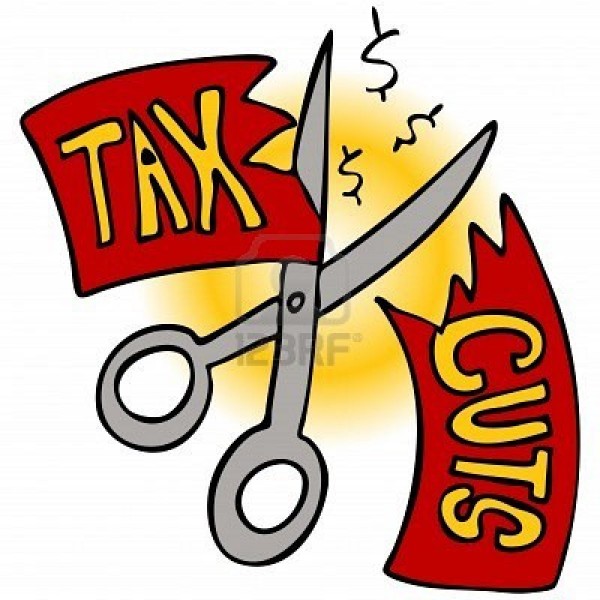In three countries, the war over tax

/ LANGUAGE

“Everyone who thinks at all has noticed that our language is practically useless for describing anything that goes on inside the brain.”
– George Orwell
I thought of linguistics professor George Lakoff and his theories on framing when I read about three separate battles over tax in three different countries: the US, Colombia and Spain.
Let’s start with Colombia, where clashes that started as anti-government protests against proposed tax reform still continue. The protests forced President Ivan Duque to withdraw the plan to raise taxes in order to funnel revenue into government coffers. The money would have been used to address rising poverty caused by the pandemic, fund social programs and provide cash transfers to the neediest.
Though Mr Duque had promised higher taxes would target those most able to pay, that reassuring message didn’t seem to get through to the people. The Colombian attempt to implement a tax increase had been closely watched because it was one of the first major emerging markets to try and bring its ballooning debt burden back under control. At least for now, that experiment seems to have been abandoned.
In Spain, the May 4 regional election in Madrid saw Isabel Díaz Ayuso win big. She is president of the Madrid region and ran on a platform for “freedom”, which had to be understood as light taxes and bars remaining open during the pandemic. The polls opened with the expectation that this stance would prove popular and deliver gains for Ms Diaz Ayuso’s conservative People’s Party. And so it did. Ms Diaz Ayuso’s policies would, of course, weaken investment in public services.
Finally, in the US, President Joe Biden is leading his troops into battle over major policy proposals to make capitalism more humane for his people. But Republican lawmakers say they won’t support the “American Families Plan” because it twins social spending with individual tax hikes.
What’s all that about when Mr Biden’s planned tax hikes target only the wealthiest? David Leonhardt has written in The New York Times’s ‘The Morning’ newsletter, that Mr Biden’s plan would not raise tax rates on the rich to high levels, historically speaking and “if all of Biden’s proposed tax increases passed — on the corporate tax, as well as on investment taxes and income taxes for top earners — the total federal tax rate on the wealthy would remain significantly lower than it was in the 1940s, ’50s and ’60s. It would also remain somewhat lower than during the mid-1990s, based on an analysis that Gabriel Zucman of the University of California, Berkeley, did for The Morning.”
What’s happening is the old tussle over framing. As Professor Lakoff has long noted, the whole idea of tax as a burden, a ball and chain to be cast off, comes from the way it’s framed. Taxes are presented as an affliction rather than a way to pay your dues.
‘Tax relief’, the phrase used by the George W. Bush White House, consciously created a frame for the provision of ‘relief’ and “for there to be relief, there has to be an affliction, an afflicted party, somebody who administers the relief, and an act in which you are relieved of the affliction.”
Except that taxes aren’t an affliction. They are a means to pay our way, “taxes are what you pay to be an American, to live in a civilized society that is democratic and offers opportunity, and where there’s an infrastructure that has been paid for by previous taxpayers…Taxes are your dues…It is an issue of patriotism! Are you paying your dues, or are you trying to get something for free at the expense of your country? It’s about being a member. People pay a membership fee to join a country club, for which they get to use the swimming pool and the golf course. But they didn’t pay for them in their membership. They were built and paid for by other people…It’s the same thing with our country – the country as country club…”
Put like that, it all makes sense.
It’s all about language and how you frame the issue of tax.

